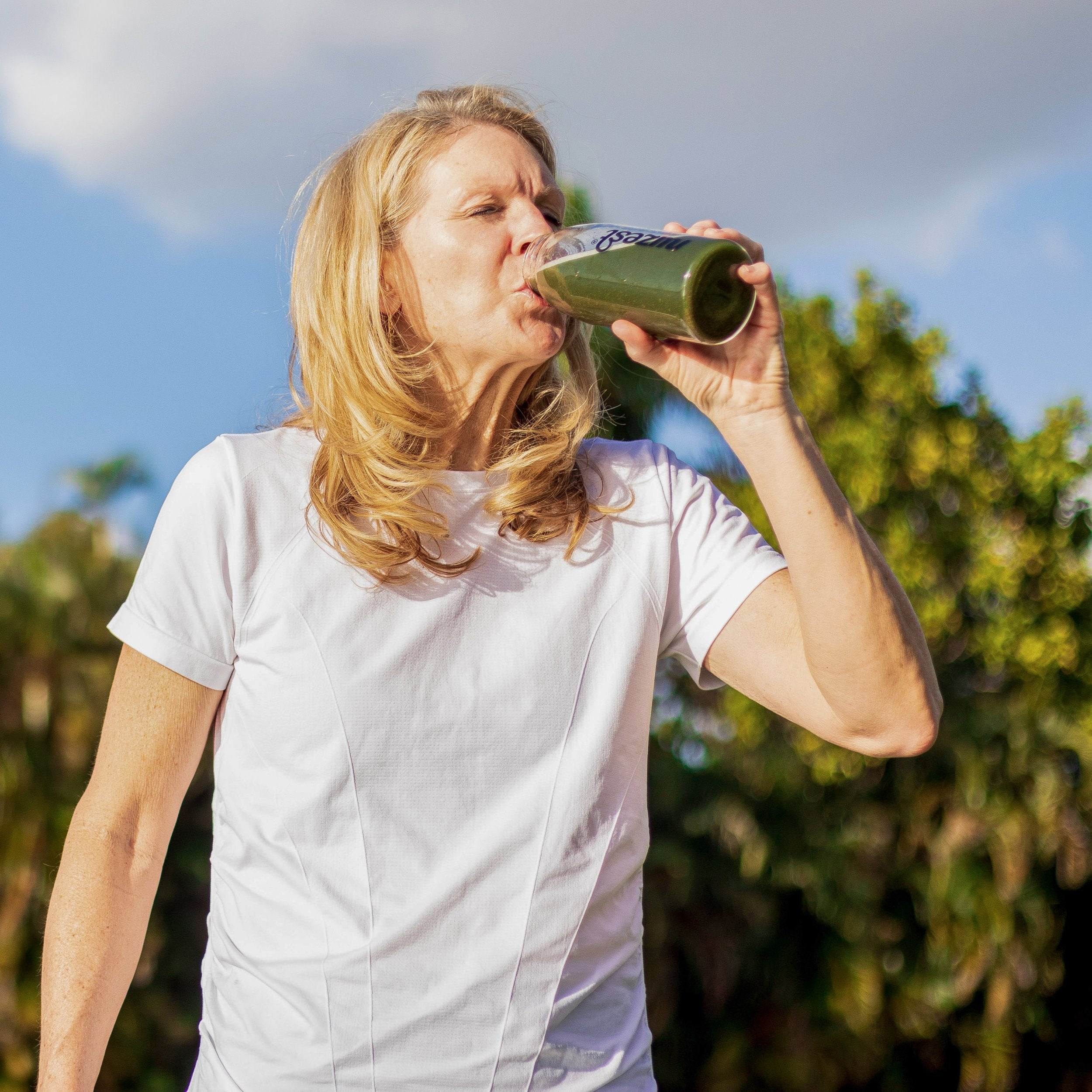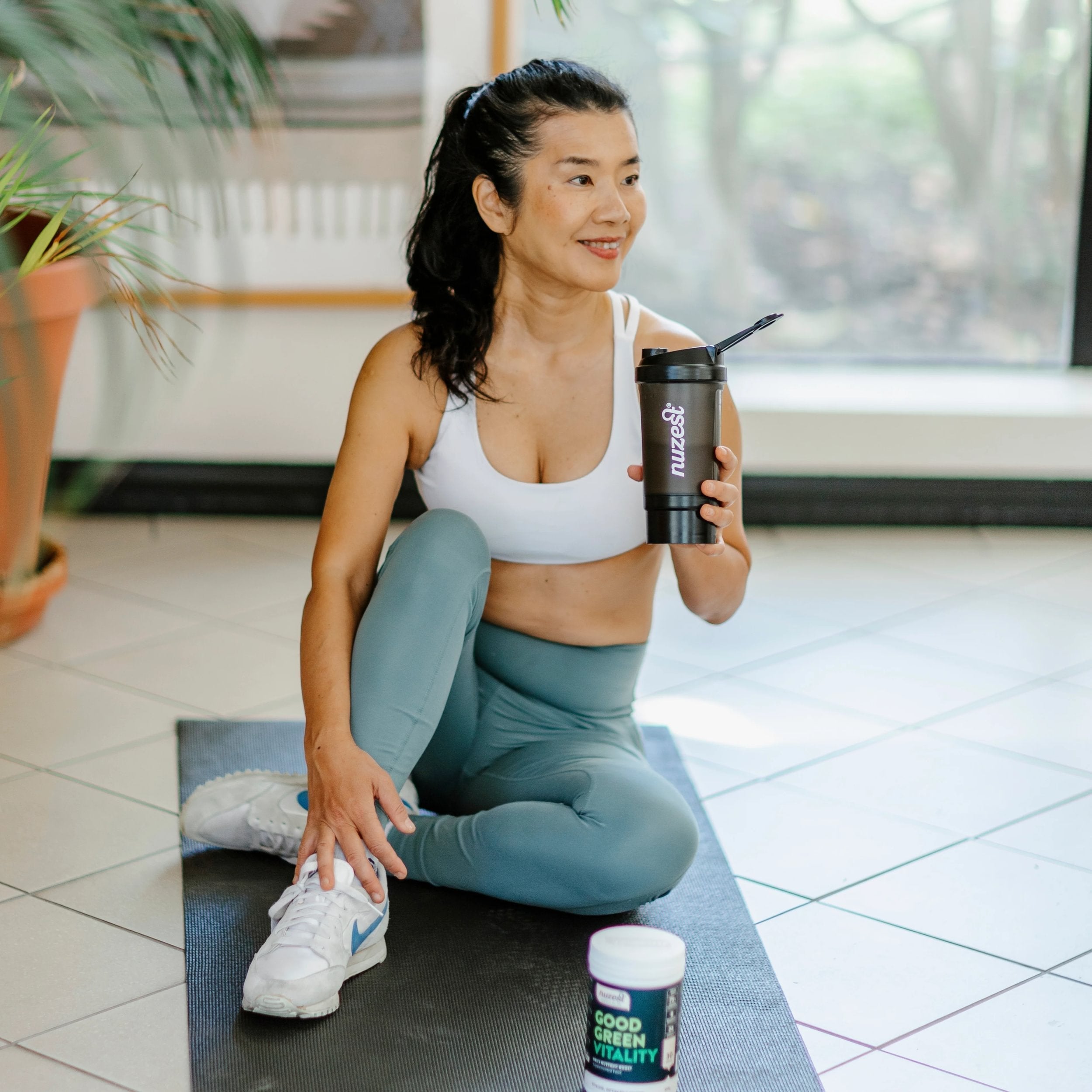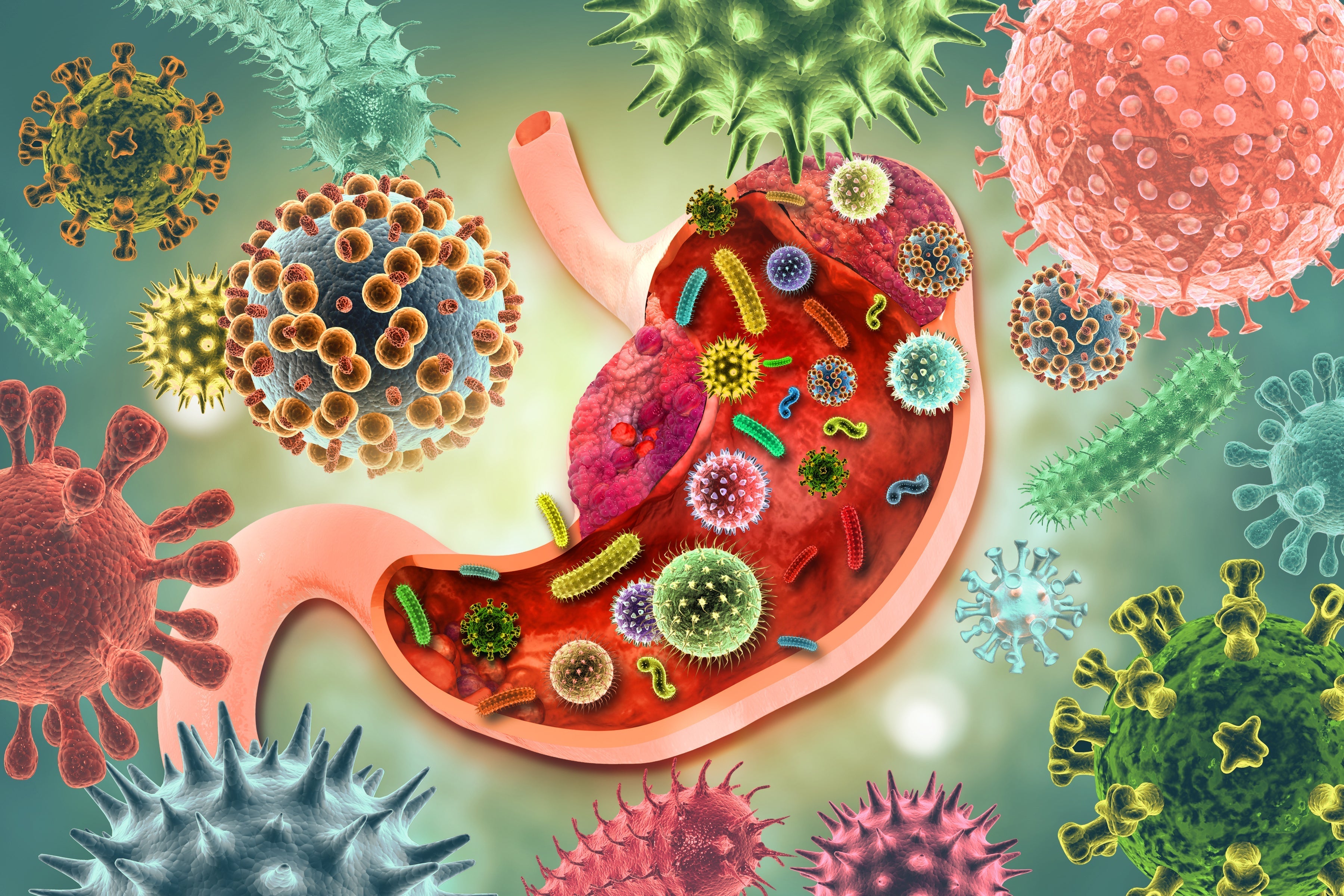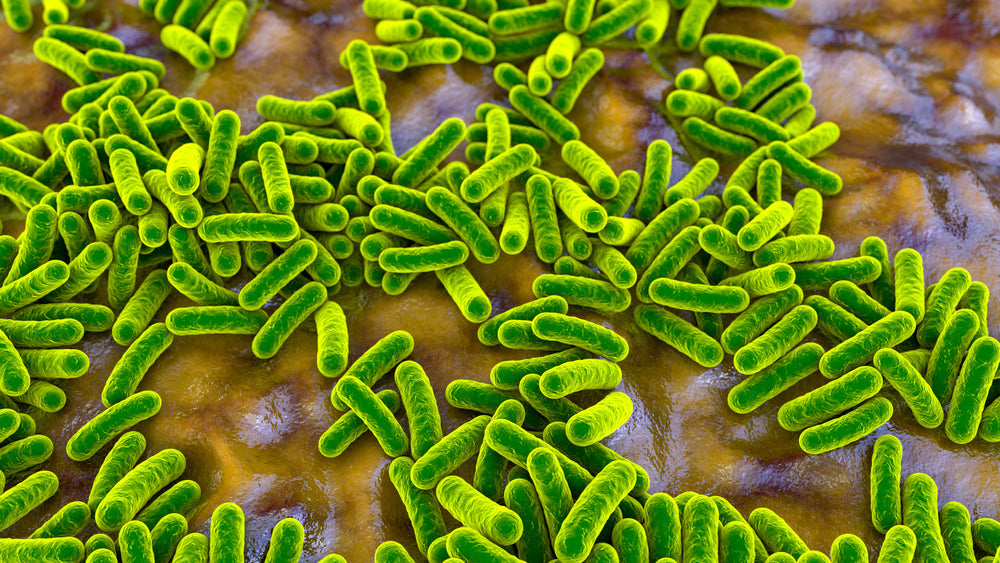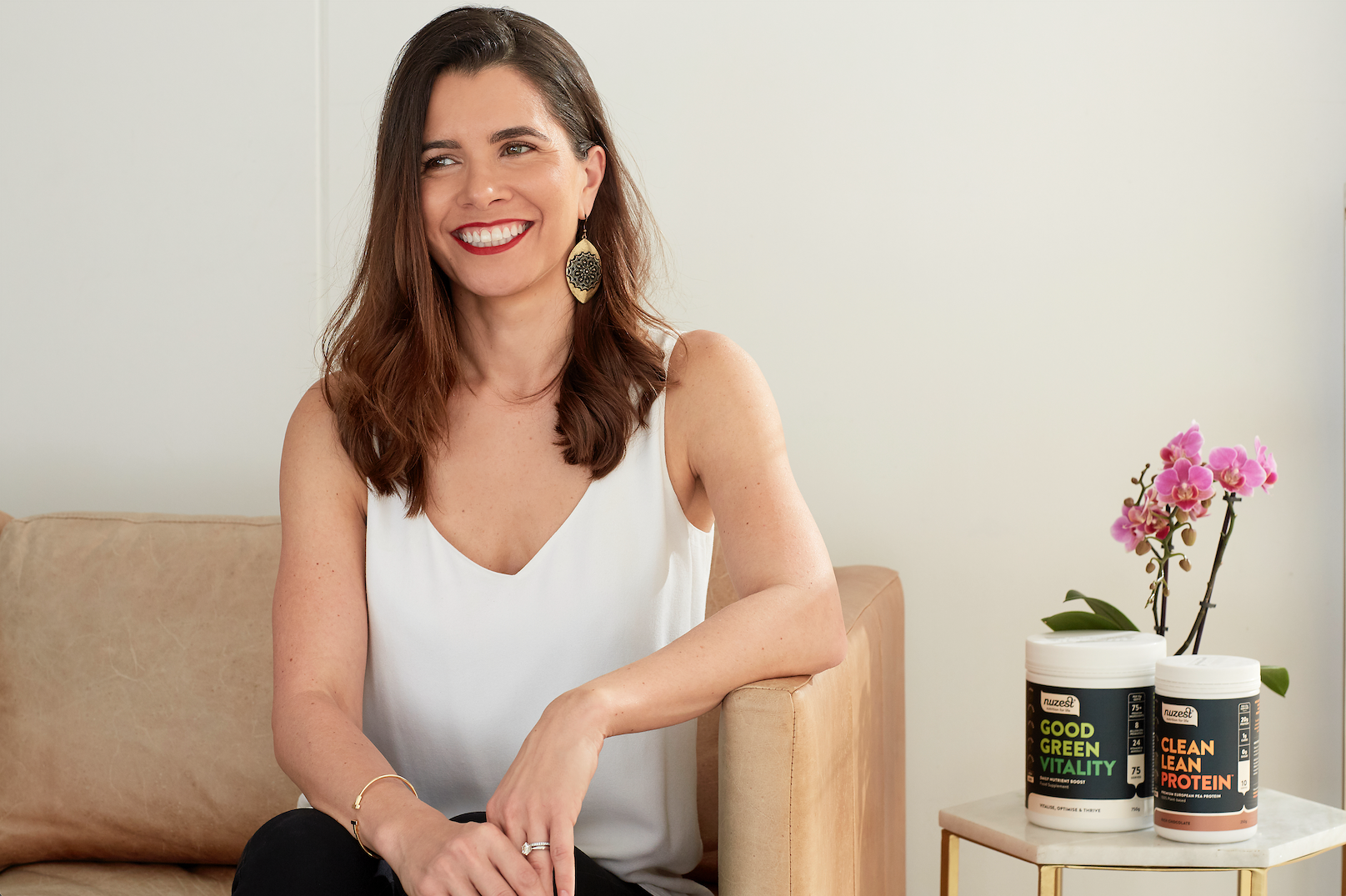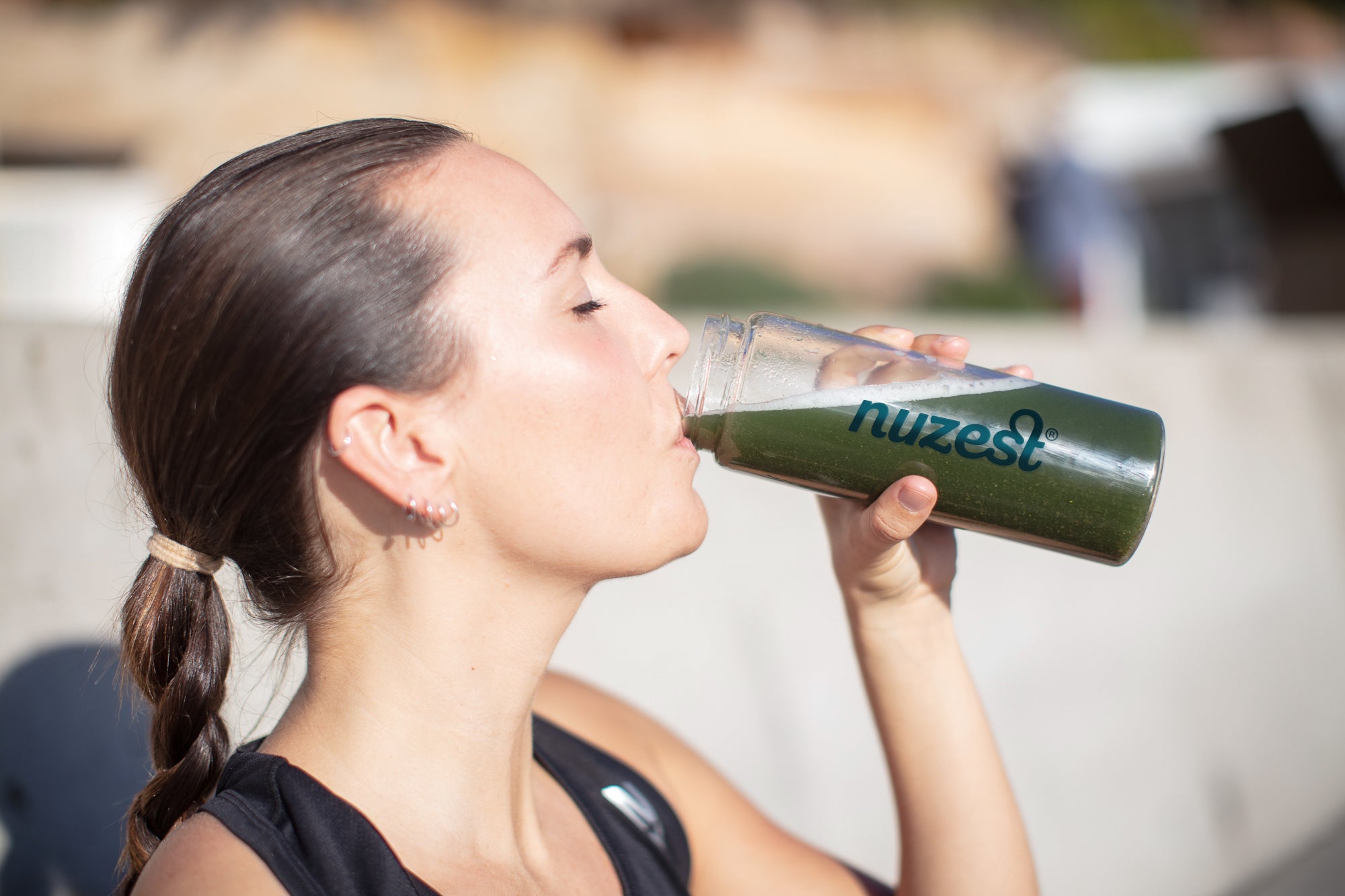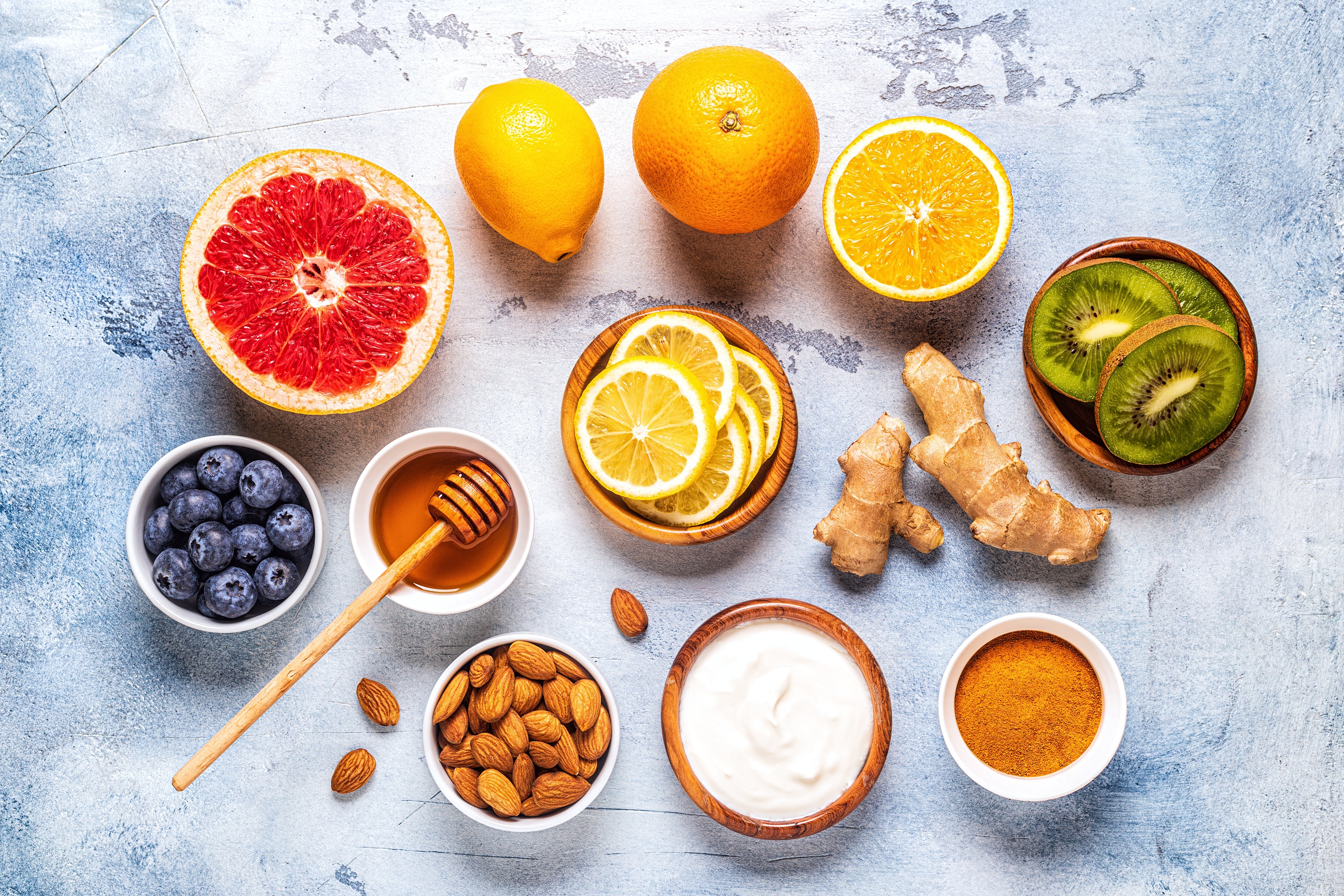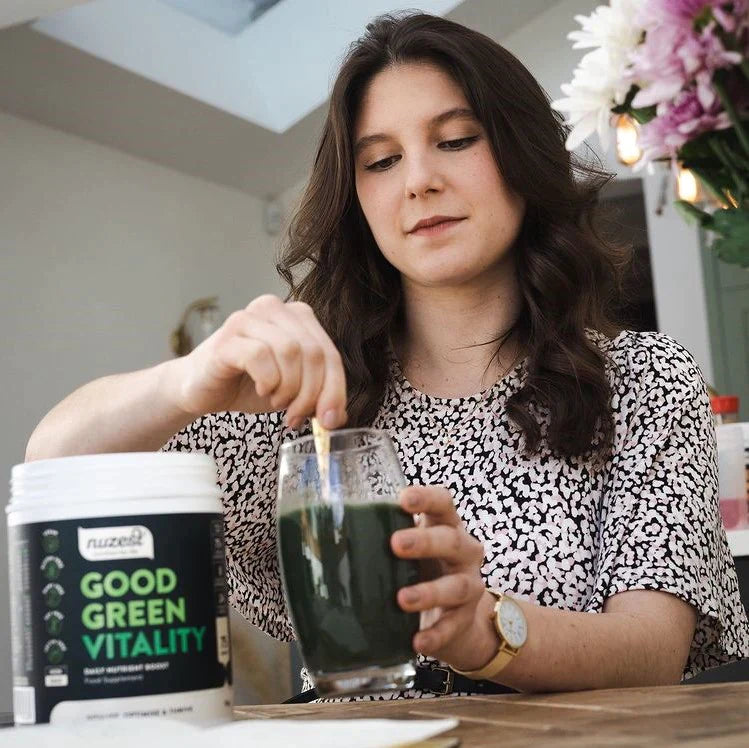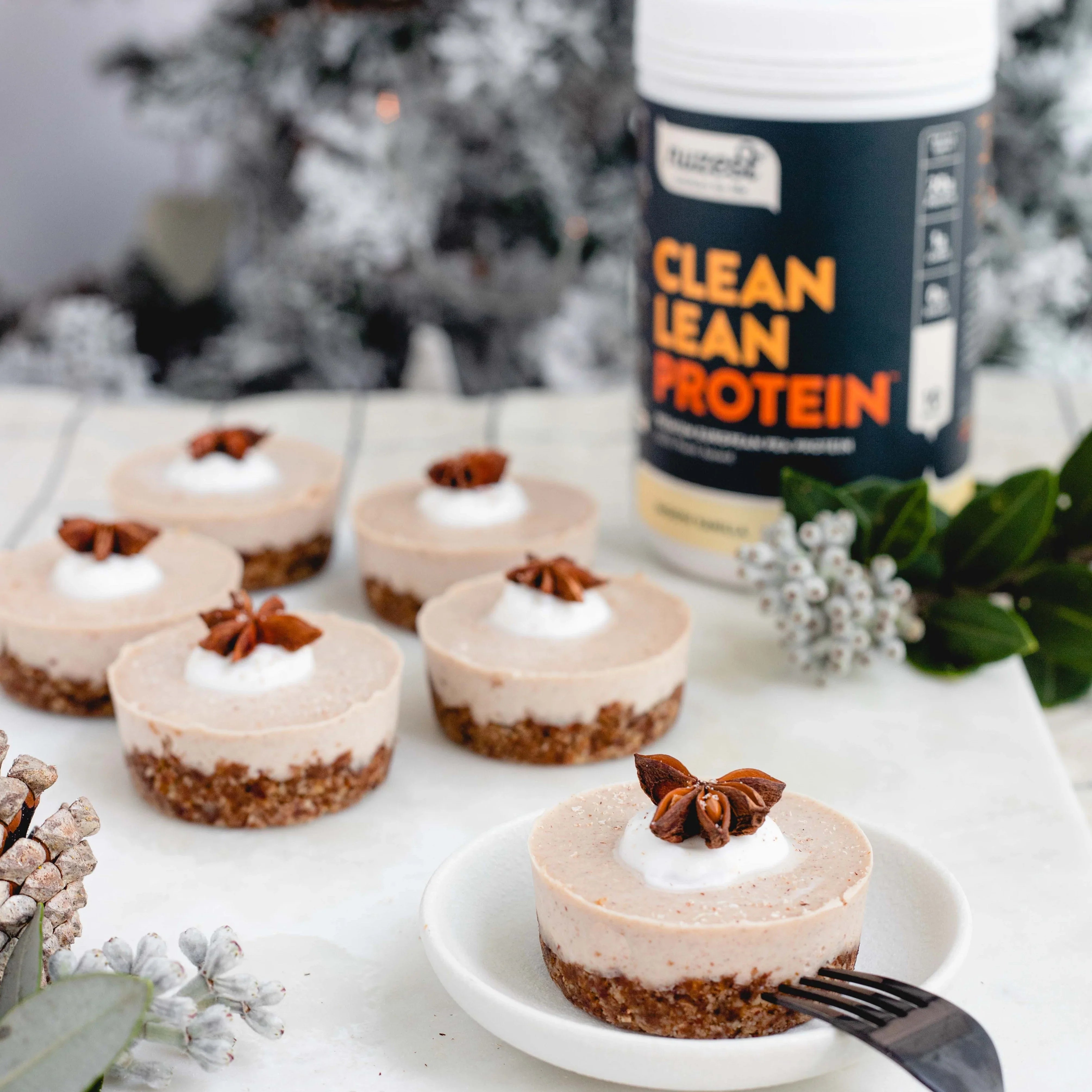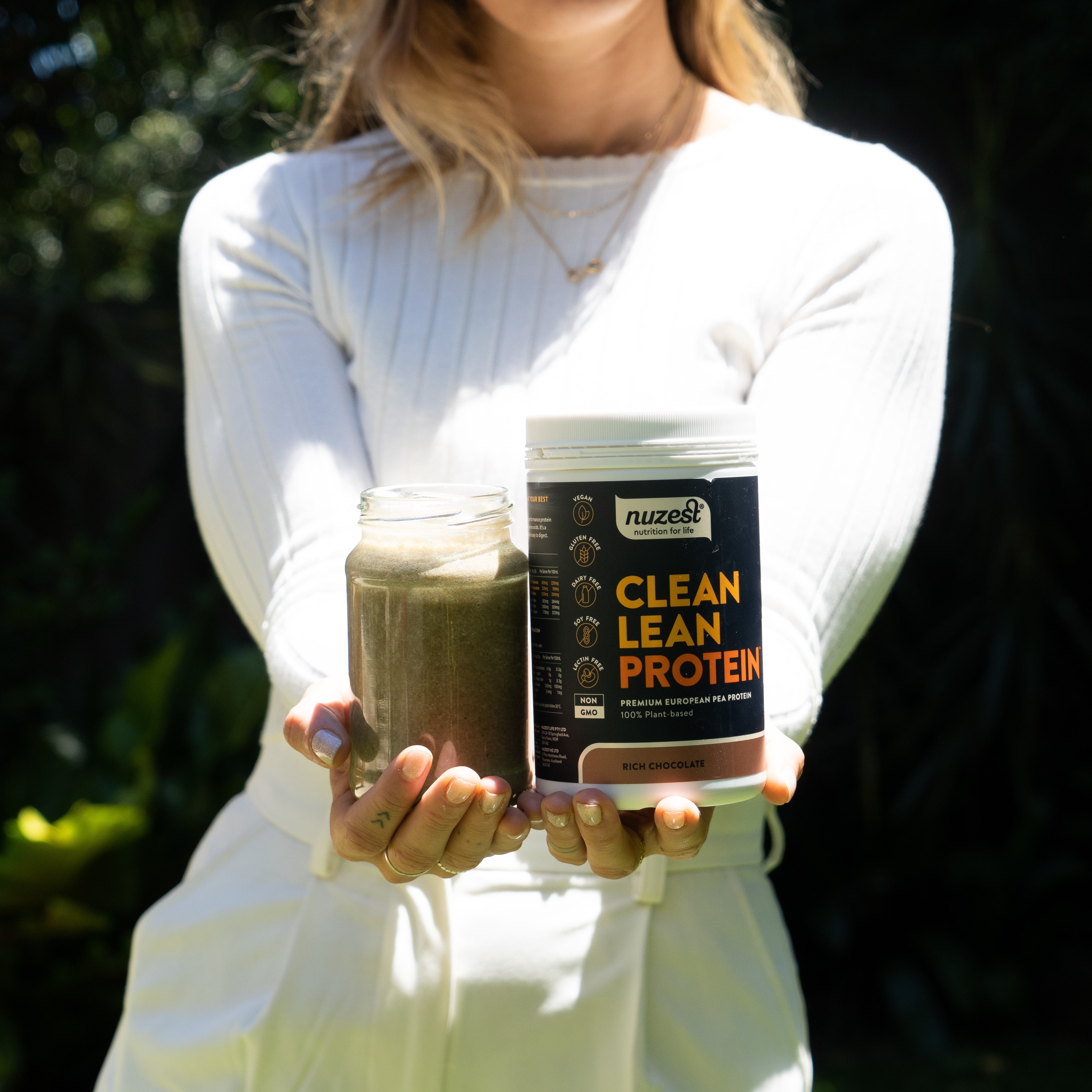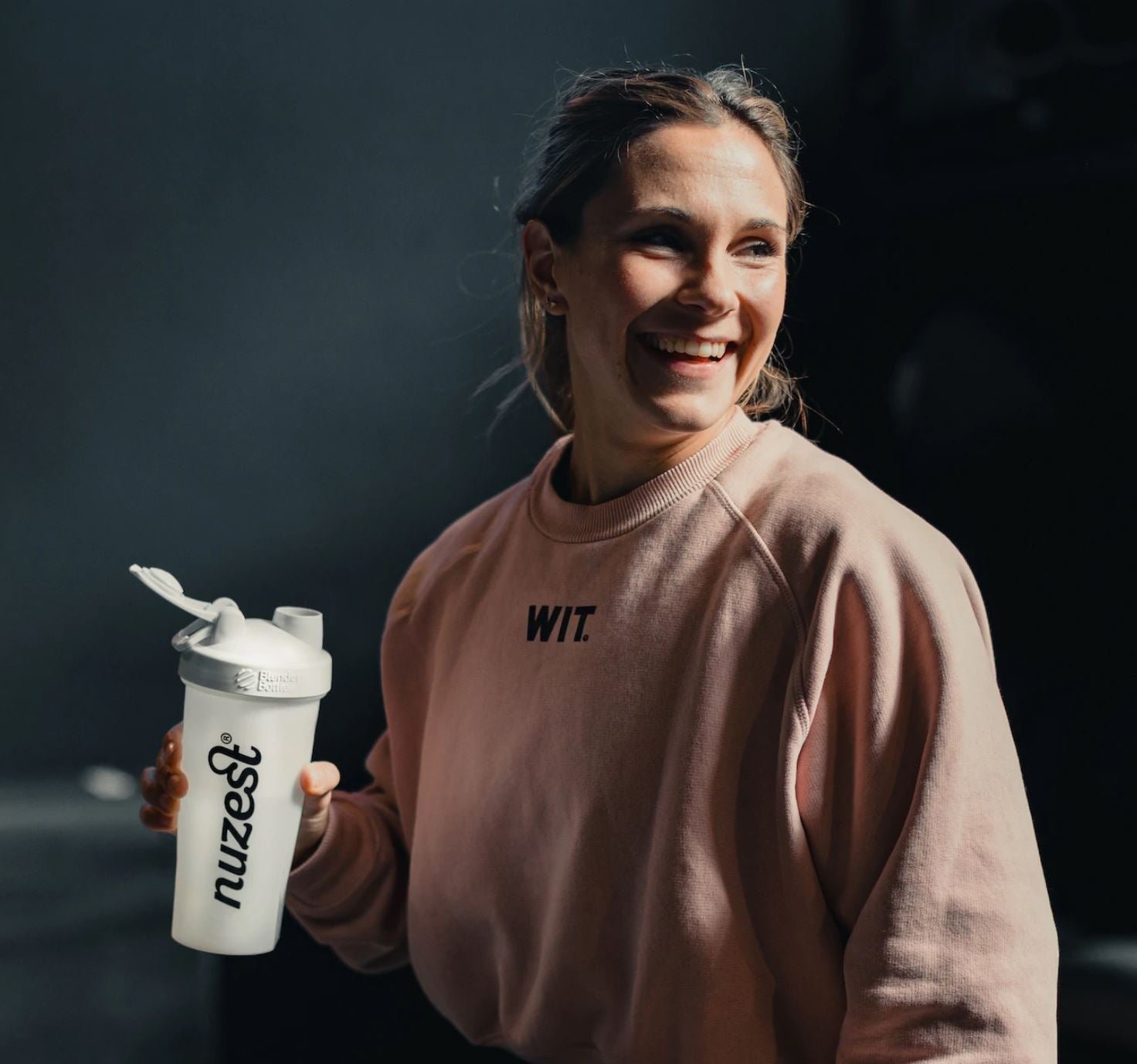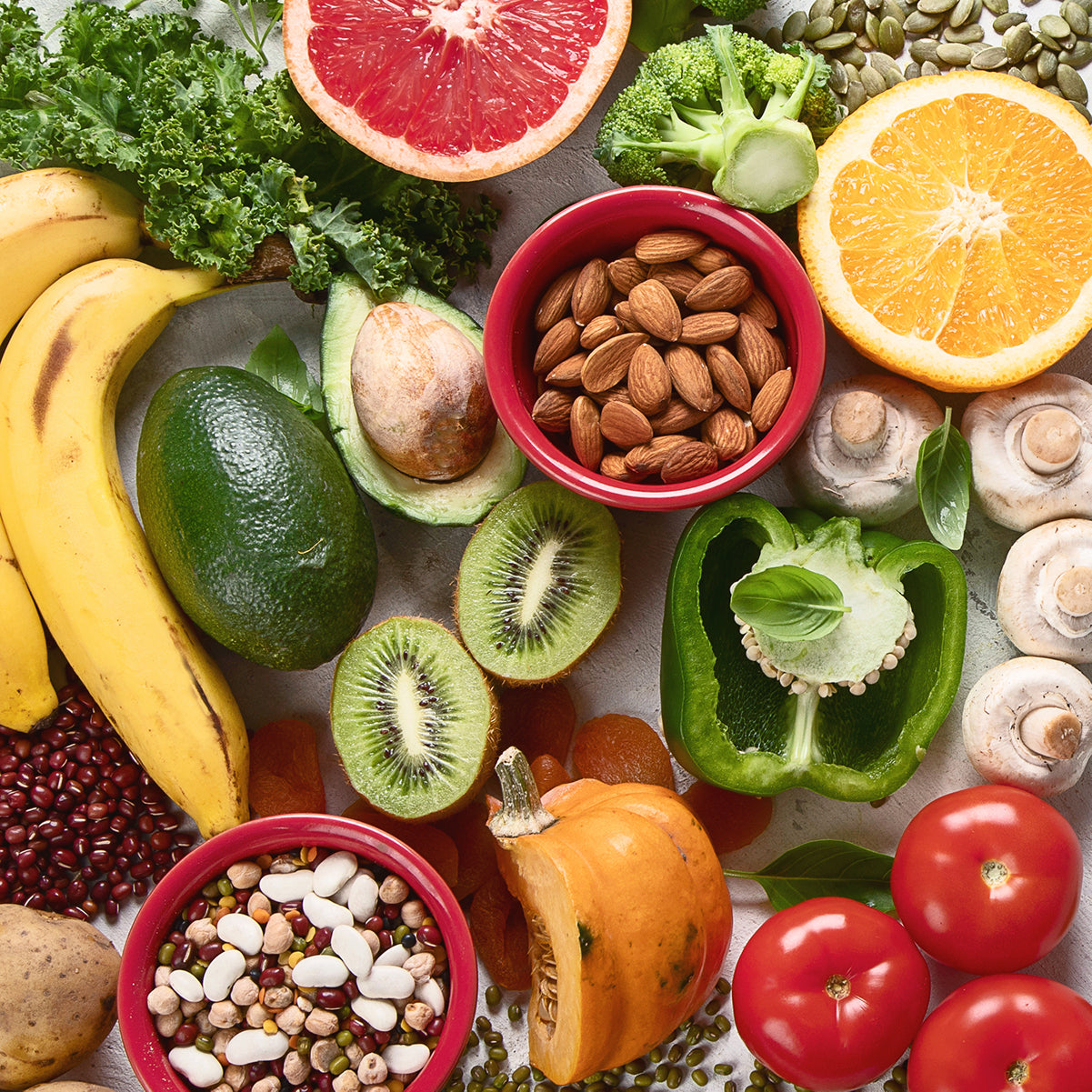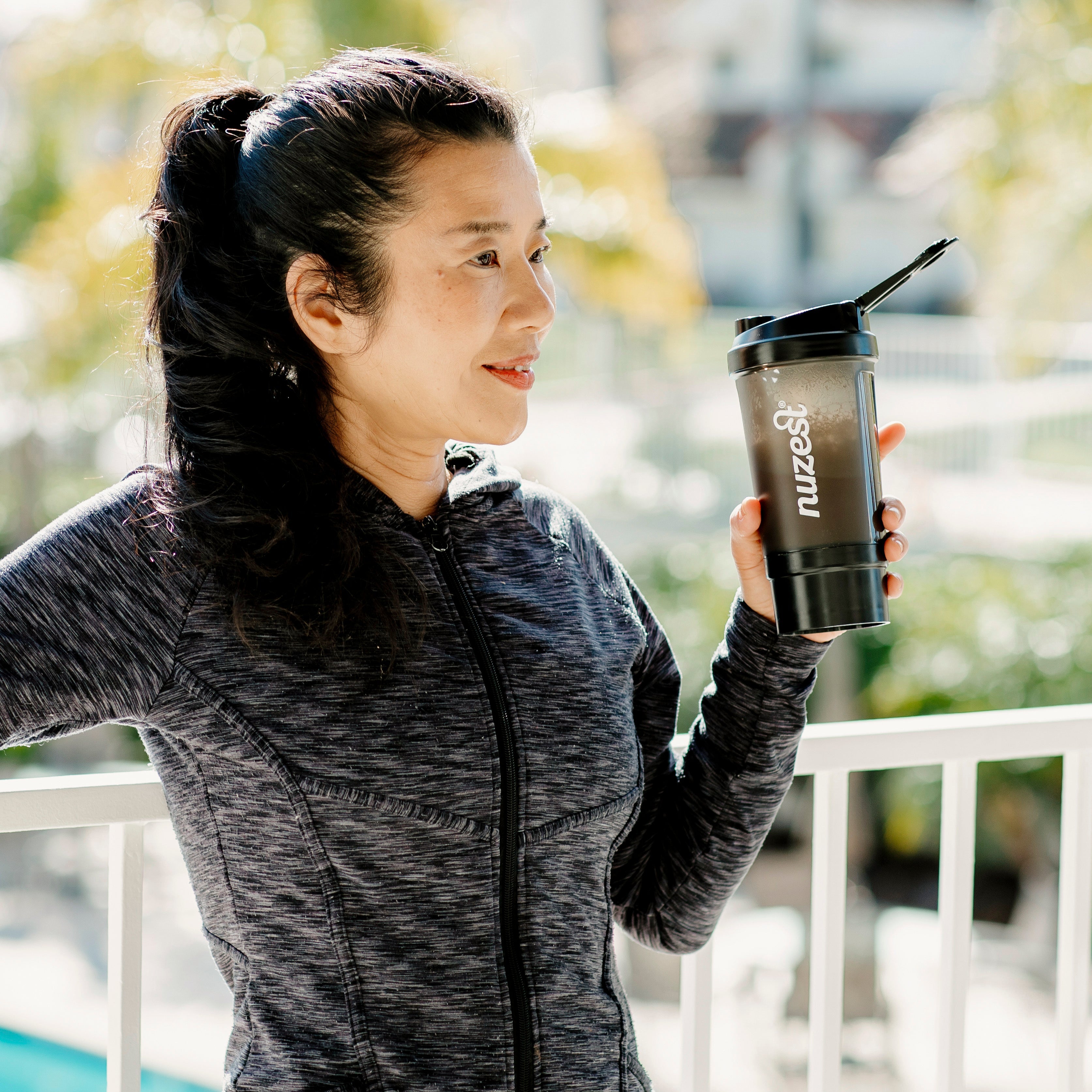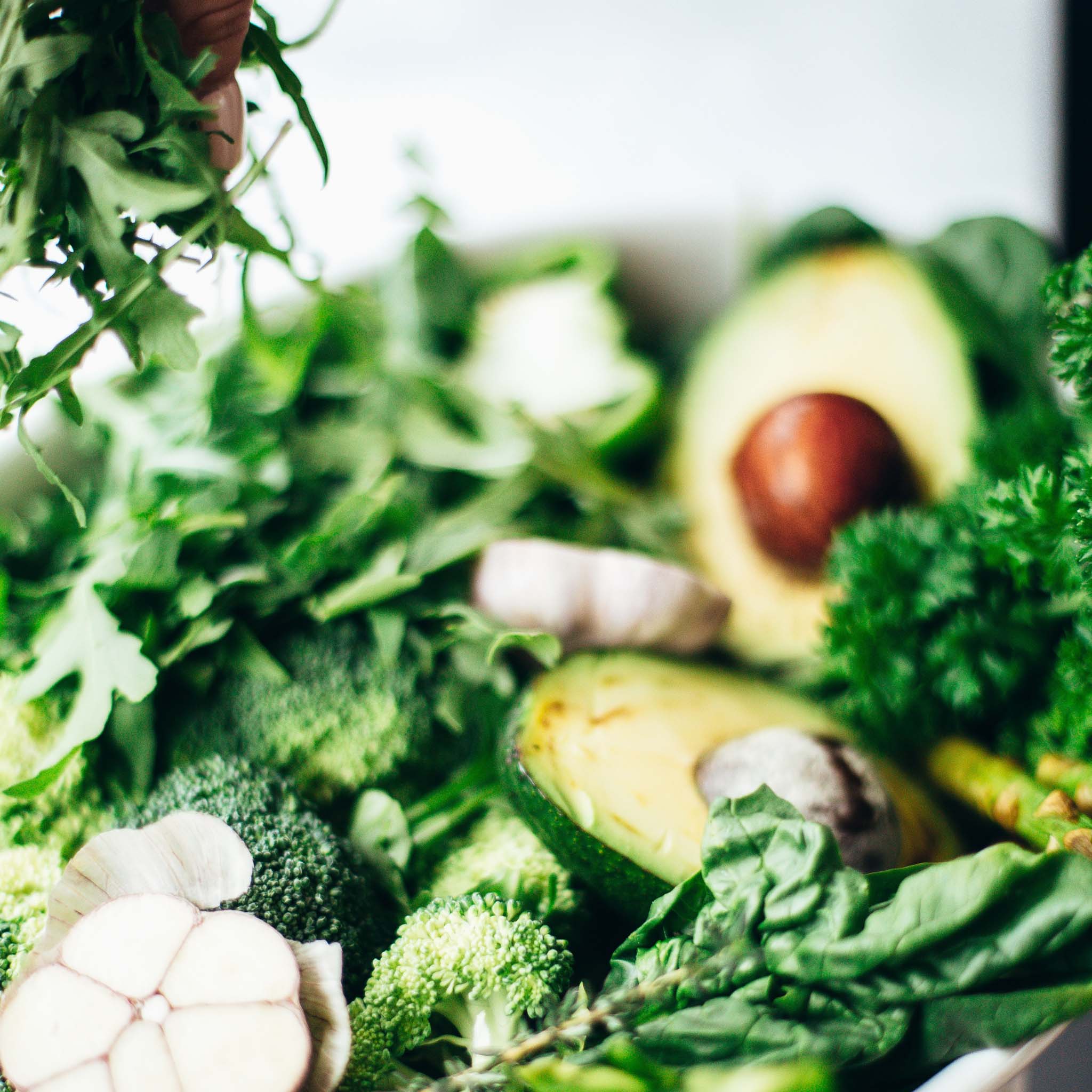
Clinical Nutritionist and Researcher Cliff Harvey explores the research and reveals whether or not kids need multivitamins below.
The simple answer to this question is no.
Much like adults, kids do not need to take a multivitamin. As a species, humans survived for hundreds of thousands of years without digestive enzyme supplements, and we can get all that we need from food, given the right food, lifestyle and environment.
However, there can be compelling reasons to consider a supplement to help support optimal growth and performance.
Do we get the nutrients we need from diet alone?
As adults, many of us don’t get all the essential micronutrients that we need to thrive from diet alone. This is especially true of vitamin A, B1, B6, B12, iron, magnesium, zinc and selenium1,2. Without all of these vital nutrients, we are unable to perform well or have robust good health and this is true for kids too!
Insufficient intakes of nutrients rise rapidly from infancy. From the age of two to four and 14-18, around one third of males and over one quarter of females do not consume sufficient vitamin A. Around one in 10 young women don’t have sufficient vitamin B1 and folate; one in 20 sufficient B12, and one in five sufficient B6. Inadequacy of essential minerals is even more pronounced, with around 80% consuming inadequate amounts of calcium by the age of 18 and over 60% consuming inadequate amounts of magnesium. Iodine, iron, and phosphorus intakes are also particularly concerning in young women, while for boys zinc is reported to be the mineral of concern, with rates of zinc insufficiency rising from almost none at two to four years to over two thirds by older adulthood2.
Why don’t we always get what we need from the diet?
1. We eat more processed food
The major reason for not getting all we need from diet alone is simple; we eat more refined and processed foods. In Australia, around one third or more of our daily energy intake comes from ‘discretionary foods’. Discretionary foods and drinks are “not necessary to provide the nutrients the body needs”. They are rich in energy (calories) and low in the essential and secondary nutrients that are beneficial to overall health2.
Research also indicates that overtime we are eating fewer nutrient-rich whole foods. In fact, it is reported that less than half of us eat the recommended amounts of vegetables and fruit that we should to optimise health3. There have also been changes noted in our snacking behaviours, with snacking (identified as food consumed outside of meal times) contributing to 35% of total energy intake for over 95% of Australian children (aged 2-6 years).
You can learn more about changes in child snacking behaviours and the resulting health impact in this article.
2. Some foods may be lower in essential nutrients than in the past
US Department of Agriculture data shows that some fresh produce (some vegetables, fruits, and berries) may only provide around half the amounts of some vitamins and minerals that they did in the 1950s4. So, while we have been eating more over time, and taking in more than enough calories and ‘fuel’, we aren’t necessarily getting enough of the ‘little guys’ – the vitamins, minerals and secondary nutrients that help every system of the body run optimally.
There are additional reasons as to why our diets are becoming more insufficient:
- Increasingly stressful lifestyles which increase our demand for micronutrients.
- A longer ‘food chain’ (i.e. more time in transport and storage and less local, fresh produce) which can reduce the amounts of nutrients (especially fragile, water-soluble vitamins)
- Lack of variety in food choices and fewer people choosing wild foods (like previously popular vegetable choices such as dandelion, sow thistle etc.)


How can a multivitamin help kids?
A multivitamin is never a substitute for healthy eating, and the focus should always be on working towards a diet mostly based on natural, unrefined foods. Multivitamins however, can help to ‘fill the gaps’ in nutrition and are considered a safe and effective way to ensure a healthy intake of essential and beneficial nutrients5. In a study of school-age children, memory test scores were improved in children taking a multivitamin6.
Additionally, supplementation to ensure the adequacy of various nutrients including vitamins B, C, D, and zinc and magnesium might help to:
- Improve migraines7,8
- Improve growth rates, muscle and blood markers of later health risks9–13
- Improve behaviour and cognition14–16
- Reduce respiratory problems17–20
Ensuring nutrient density
The shift towards more sugar and ‘ultra-refined’ processed foods has been detrimental to kids’ health, and our key focus should be on encouraging the receptive minds of young people to become reconnected to the REAL food that their growing bodies and active minds need.
- Try to make at least 80% of what you put in your child’s lunchbox (or on their plate) natural, whole, unprocessed food. Check out our article ‘How to Pack a Healthy Lunchbox’ for healthy meal and snack ideas.
- Choose natural, unrefined carbohydrate choices (such as sweet potato, yams, potato and some whole, unprocessed grains) over pasta, bread, crackers and other refined choices.
- Choose water over fruit juices, cordials and soft drink.
- Get kids eating vegetables early! Much of our food preferences are based on what we ‘learn’ to eat early in life. Kids love to copy what adults do as they like to feel like they have ‘grown up’ responsibility. Get kids involved in the kitchen by getting them to pick the vegetables they would like on their dinner plate or in their lunch box. This will increase the likelihood that they will eat their vegetables whilst teaching them how to make healthier food choices.
- Use smoothies made with whole, unprocessed foods (such as vegetables, berries, nuts and nut butter, seeds and fruit) as an option in addition to meals to boost vegetable intake. Try this delicious Wild Strawberry Breakfast Smoothie recipe!
Consider a whole food based multinutrient supplement such as Nuzest Kids Good Stuff. Packed full of protein, vitamins and minerals, it has all the elements to set your child up for a good day!


